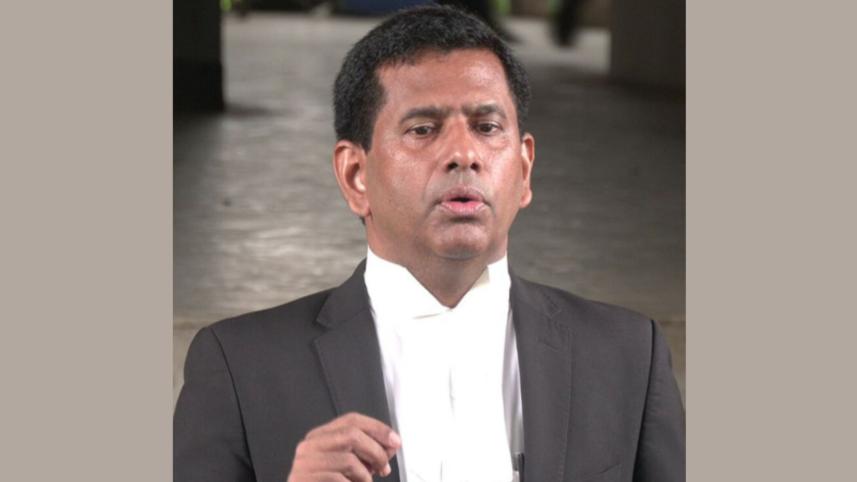July Atrocities: 8-10 cases may be disposed of before polls

ICT Chief Prosecutor Mohammad Tajul Islam yesterday said they have sufficient evidence and hoped that eight to 10 cases related to the July uprising would be disposed of before the February elections.
Priority will be given to prosecuting the masterminds behind the July atrocities, he said while speaking at a discussion organised by the Dacca Institute of Research and Analytics at a city hotel.
He said evidence collection has been a significant challenge, requiring investigators to travel all over the country to find victims, witnesses, and gather hospital and university records.
"We have only 23 investigation officers and 16 prosecutors under two tribunals handling this responsibility."
Tajul said more obstacles arose when arrest warrants were issued. "Most perpetrators are from the police force. But it's very difficult for a force to arrest its own members. It was therefore difficult to make many arrests at first."
So far, charges have been framed against 227 people, but fewer than 80 arrests have been made.
Tajul said other security forces, not just the police, were involved in the July-August killings and disappearances.
Tajul said records detailing orders for weapon use and drone and helicopter activity, had been stored by the National Telecommunication Monitoring Centre (NTMC).
"However, once proceedings began and the investigation was underway, NTMC destroyed those records before they could be examined. The deleted data is now being recovered and used in the investigation."
Barrister Sara Hossain discussed the rights violations before, during, and after the July uprising, including extrajudicial killings, mass injuries, arbitrary arrests, torture, and sexual violence against protesters.
She warned of persistent obstacles, including political interference in how cases are filed, often based on party affiliation.
Irene Khan, UN special rapporteur on freedom of expression and opinion, criticised the misuse of laws like the Digital Security Act and Cyber Protection Orders, saying they are used to silence journalists.
"Bangladesh has ratified international conventions on enforced disappearances and others. It's time to live up to those commitments and protect the media."
The session was moderated by Huma Khan, senior human rights adviser at the UN Resident Coordinator's Office in Bangladesh.
Taqbir Huda, a human rights lawyer and senior fellow at the Tech Global Institute, also spoke.



 For all latest news, follow The Daily Star's Google News channel.
For all latest news, follow The Daily Star's Google News channel.
Comments